Green Thumbs Unite: Gardening Tips for Beginners
Gardening is one of the most rewarding and grounding hobbys you can start, bringing beauty, nourishment, and peace into your daily life. Whether you have a sprawling backyard or just a few pots on the porch, growing our own plants connects us with nature and provides fresh, homegrown food for our families. If you’re new to gardening, don’t worry—it doesn’t have to be complicated! Here are some simple tips to help you get started and enjoy the process!
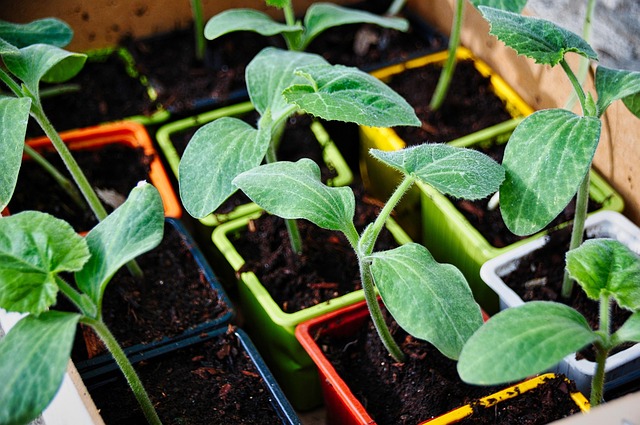
Start Small and Choose the Right Location
One of the biggest mistakes a new gardener can make is starting too big. A small, well-maintained garden will be more enjoyable and manageable, trust me. Begin with just a few easy-to-grow plants and expand as you gain confidence
Location is key. I will say it again, Location is Key! Choose a spot that gets at least 6–8 hours of sunlight per day. If space is limited, container gardening on a sunny patio or windowsill is a great alternative. Also, having easy access to water makes a big difference—your plants will thrive with consistent moisture, and you will appreciate having a nearby source for watering.
Know Your Growing Zone
Before you plant, let’s find out what gardening zone you live in here! This helps determine which plants will thrive in your climate and the best time to plant them. Since I live in Zone 7b, I choose varieties that are well-suited to warm summers and mild winters, ensuring a successful growing season. Finding the right plants for your specific zone will set you up for success.
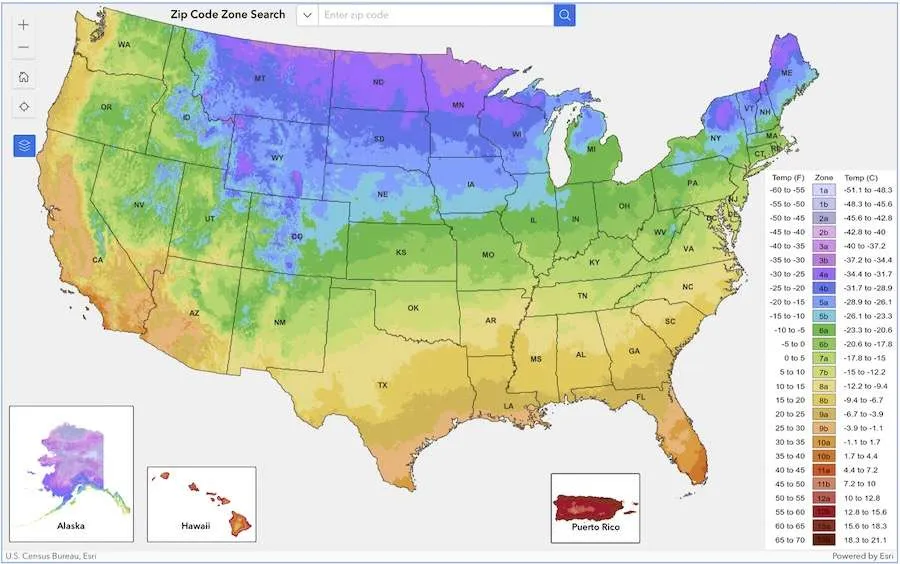
Choose Easy-to-Grow Plants
Starting with hardy, productive plants makes gardening more enjoyable. Here are some great options:
Vegetables: Lettuce, radishes, green beans, zucchini, cherry tomato’s, and cucumbers
Herbs: Basil, mint, parsley, chives, and cilantro
Flowers: Marigolds, zinnias, and sunflowers—great for attracting pollinators and adding beauty to your space.
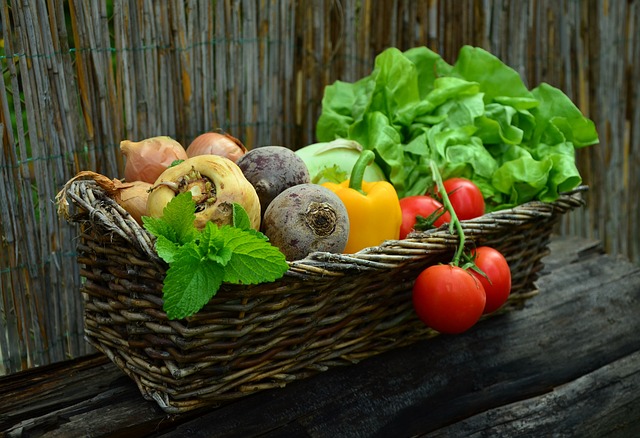
Prepare the Soil
Healthy soil is the foundation of a thriving garden. Start by testing your soil to determine its pH and nutrient levels. If needed, amend it with compost or organic matter to improve fertility and drainage. Raised beds and container gardens often need fresh soil each season to replenish nutrients and ensure strong plant growth. While they are a bit of work in the spring, they are great options if you have clay soil or soil that has been contaminated in the past.
Water Wisely
Watering is essential, but more isn’t always better. Instead of frequent shallow watering, let’s aim for deep, less frequent watering to encourage strong root growth. Early morning or late evening is the best time to water, helping to prevent evaporation and reducing the risk of diseases caused by excess moisture. Be sure to keep the water off of the leaves of your plants and try to water at the roots. Water splashing up on the plants can lead to disease and the leaves burning.
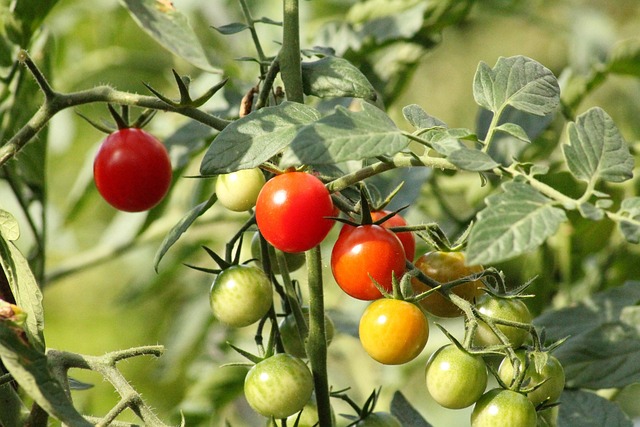
Companion Planting and Natural Pest Control
Companion planting is a great way to maximize your garden’s health and yield. For example, planting basil near tomatoes can improve their flavor and deter pests. Marigolds help repel unwanted insects, while planting beans near corn provides natural nitrogen to the soil.
To control pests naturally, we can encourage beneficial insects like ladybugs and praying mantises, use homemade sprays like neem oil or garlic water, and keep plants healthy to make them more resistant to infestations. Of course its a personal preference, but I avoid all chemicals and pesticides in my garden. After all, if I wanted all that, I would just go to the grocery store.
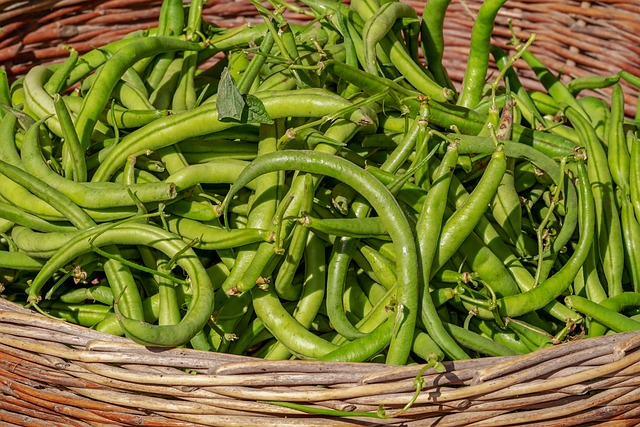
Be Patient and Enjoy the Process
Gardening is a journey, not a race. Some plants will flourish while others may struggle, and that’s all part of the learning process. Keeping a gardening journal to track what works well and what doesn’t can be helpful, and don’t be afraid to experiment.
Most importantly, enjoy your time in the garden. Whether it’s the satisfaction of harvesting your first tomato, the scent of fresh herbs, or the simple joy of getting your hands in the soil, gardening is about more than just the end result—it’s about embracing the beauty of slow living and connecting with nature.
Happy gardening!
With Love, Kaylene